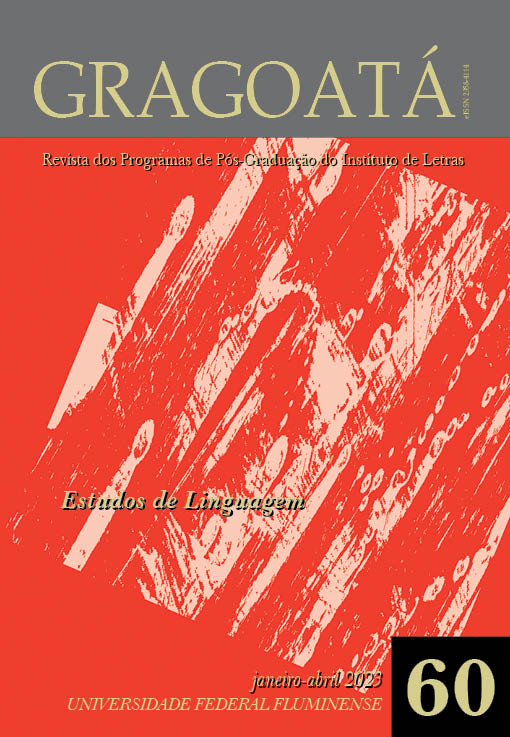The indigenous critique and the divided brain hypothesis: Ideas to postpone the end of the World
DOI:
https://doi.org/10.22409/gragoata.v28i60.54159Keywords:
conquest, epistemicide, brain asymmetryAbstract
The voice of Indigenous intellectuals on the conduct of the European conquerors, whenever and wherever in the Americas it has been recorded, consists of a thoroughgoing critique of the Europeans’ genocidal and ecocidal proclivities. In recent times, the voice has taken on apocalyptic tones, emphasizing that the West’s chronic disregard for nature imperils all of us, with Ayton Krenak’s eloquent appeal for ‘ideas to postpone the end of the world’. An astoundingly similar critique of the modern Western World’s mindset based on neuroscience comes from the Scottish psychiatrist and philosopher Iain McGilchrist, whose Divided Brain Hypothesis proposes an explanation for what the West has become: an existential threat to human survival. Others such as Mignolo, de Sousa Santos, Bateson and Harries-Jones, have put forward ideas which align with this hypothesis, but the present essay brings these two currents together for the first time and proposes that it was the West’s conquest of the Americas – its people and all their relations and onto-epistemes – that was a key factor in normalizing this mindset. To extend the metaphor, the conquest of the American hemisphere by the European hemisphere normalized the conquest of the right hemisphere by the left.
Downloads
Downloads
Published
How to Cite
Issue
Section
License
Copyright (c) 2023 Gragoatá

This work is licensed under a Creative Commons Attribution 4.0 International License.
Authors who publish in Gragoatá agree to the following terms:
The authors retain the rights and give the journal the right to the first publication, simultaneously subject to a Creative Commons license CC-BY-NC 4.0, which allows sharing by third parties with due mention to the author and the first publication by Gragoatá.
Authors may enter into additional and separate contractual arrangements for the non-exclusive distribution of the published version of the work (for example, posting it in an institutional repository or publishing it in a book), with recognition of its initial publication in Gragoatá.

Gragoatá is licensed under a Creative Commons - Attribution-NonCommercial 4.0 International.











